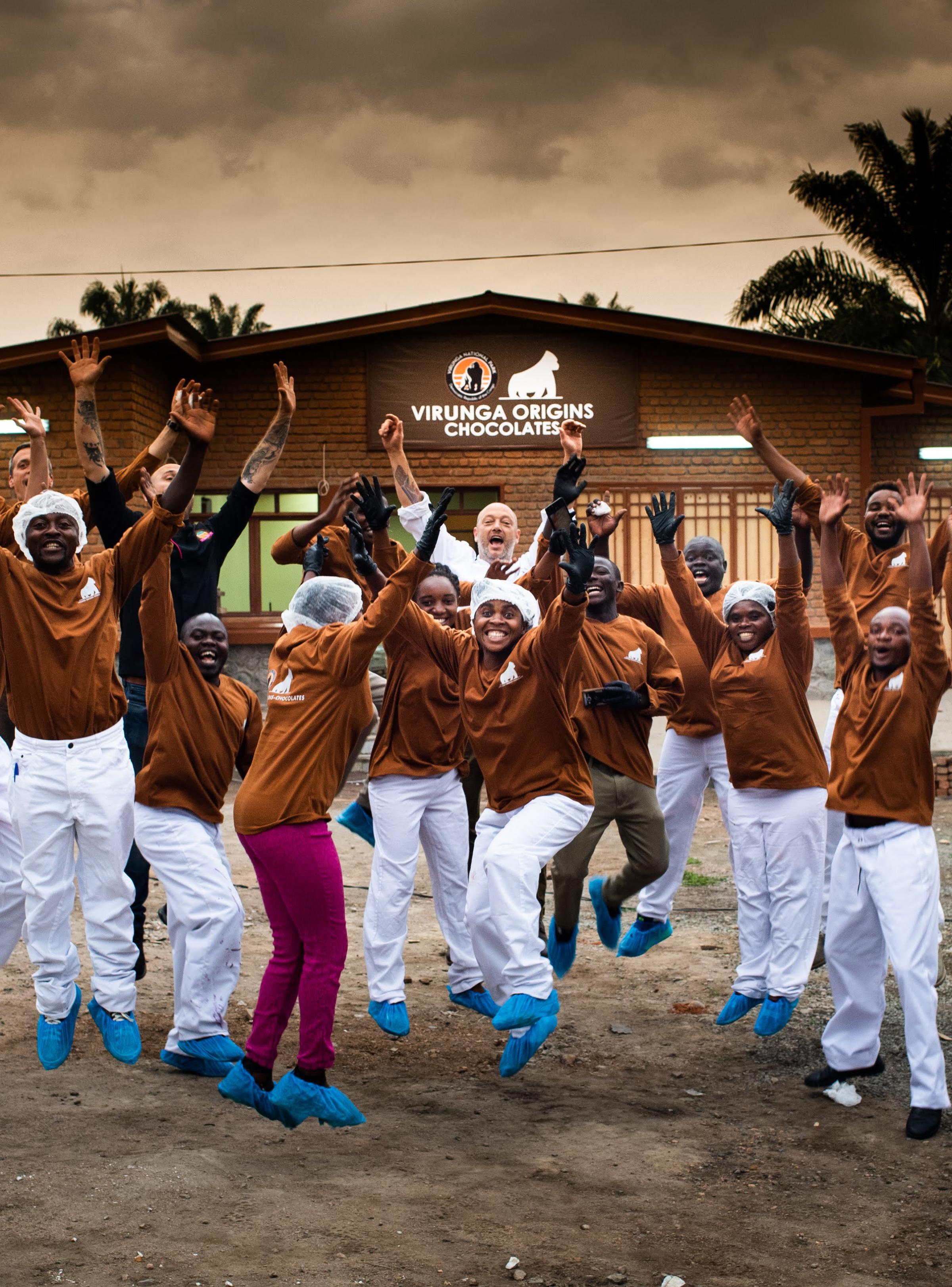
Four founders explain how the Business Partnership Facility supports their sustainable businesses in Rwanda and Senegal
Coconut waste processing in Ghana, fairtrade cocoa production in Côte d’Ivoire, beekeeping in Uganda, hydropower plants in Kenya … just some of the projects backed by the Business Partnership Facility (BPF). The initiative, managed by the King Baudouin Foundation, supports companies with a strong social and environmental impact in developing countries.
The grant isn’t only about finance. It allows a longer-term perspective and acts as a catalyst for business development, future investment and the realisation of aspirations.
To be selected, a business must contribute to achieving the UN’s Sustainable Development Goals, be that through creating decent jobs, creating economic opportunities for women and young people, improving average income for low-income families, providing affordable goods and services or preserving biodiversity.
Women-led businesses
Many of the projects chosen by the BPF are led by women, with a strong focus on involving women and young people in entrepreneurship.
One of those business founders is Yvette Ishimwe of Iriba Water Group Rwanda. By installing 40 ‘water ATMs’ in poor urban communities, she is providing 16,000 people on low incomes with reliable, affordable access to safe drinking water with reusable water bottles and cups. The machines are managed by young people and women through a franchise model, creating 40 new jobs.
“The relationship between funder and grantee is important,” she says. “Social entrepreneurs are passionate about what they do. Trust is critical in the sense of empowering implementers. I experienced that trust and that was empowering, the feeling that I have control to take decisions that I see are right for us.”
Demonstrated impacts
Following a four-step selection procedure, the BPF provides matching grants of between 50,000 and 200,000 euros. Partners contribute an equal or higher amount. Selected projects are expected to provide audited annual accounts, a narrative and financial report at least once a year and short project updates every two months.
A survey carried out at the conclusion of the project in 2023 shows that 20% of the 50 projects funded between 2019 and 2022 can demonstrate improved income for their beneficiaries. While others may well have seen improvements, the data collection framework isn’t yet in place to identify indicators and measure results.
Christelle Kwizera is also the founder of a water project in Rwanda: INUMA, a water mini-grid powered by renewable energy that provides safe, affordable drinking water in rural and peri-urban areas. It reduces the time women and children have to spend looking for water, as well as reducing carbon emissions.
“We have invested a lot in monitoring our impact,” she says. “We do annual impact surveys and collect samples from users. We focus on communities we are already servicing and communities that we want to service in the future, to get a clear view of our impact.”
The importance of measuring
The data she has collected shows, among other findings, that INUMA water is more affordable than other solutions – even government-subsidised water. Many people do not trust subsidised water to be clean and safe and so purify it before drinking it, adding to the cost.
“It’s a question of funding, not technology,” Christelle says. “The water sector is heavily underfunded: it gets only 1% of infrastructure funding. Africans pay more for water than other countries compared to income. Innovation isn’t about developing a new pump, it’s about delivery.”
While she first collected data purely to support grant applications, Christelle now employs an entire data team in her business. Measurement helps the company to serve its users better – by monitoring water quality and security of supply – and to attract future funding that will ensure its operations can continue.
Blandine Umuziranenge is the woman behind Kosmotive. The mission of her social enterprise is to improve reproductive, maternal and child health in Rwanda and eventually across Africa, with better access to health services for mothers and children. Her KosmoPads project received funding from the BPF, to produce reusable sanitary protection for distribution among disadvantaged women and girls. She aims to employ 100 women in the manufacturing of the pads – a product that is still relatively uncommon in Rwanda.
For her, too, trust has been a hallmark of her relationship with the BPF, and she appreciates the freedom to apply the funding to her business in the way she sees best. “It’s motivating because I am passionate about what I do, and I don’t want to break this trust,” she says. “It gives me room to create impact and do more than I thought I can do.”
A matter of trust
Siny Samba launched Le Lionceau in Senegal, which produces nutritious, locally sourced baby food in collaboration with a rural women’s group. She employs smallholder farmers and cooperatives, where the challenge in reporting is to have clear oversight of their revenue. She is hoping to set up a study with the country’s National Laboratory of Nutrition to provide data on the benefits of her products, in order to attract further funding and allow her business to reach even more people.
She likens the partnership with a funder to taking a ride in a car. “Sometimes you have a partner who wants to be the driver. But you know your business, you designed this car and you know how to drive it,” she says. “Then someone says you have to turn left while you know you have to turn right – just get in the car with us and trust that going right is best for everyone.”
That’s a sentiment echoed by Christelle Kwizera: “We have invested many years in our enterprise. It wasn’t the best career path but we were passionate and we cared and the funders should believe that,” she says. “You need to be given the trust to actually do it.”
“The relationship between funder and grantee is important,. Social entrepreneurs are passionate about what they do. Trust is critical in the sense of empowering implementers. I experienced that trust and that was empowering, the feeling that I have control to take decisions that I see are right for us.”
Through supporting entrepreneurs like these who prioritise social and environmental impacts, the BPF is not just funding projects but nurturing a long-term culture of learning, innovation, partnership and sustainability.
Other stories
Inspiring engagement!
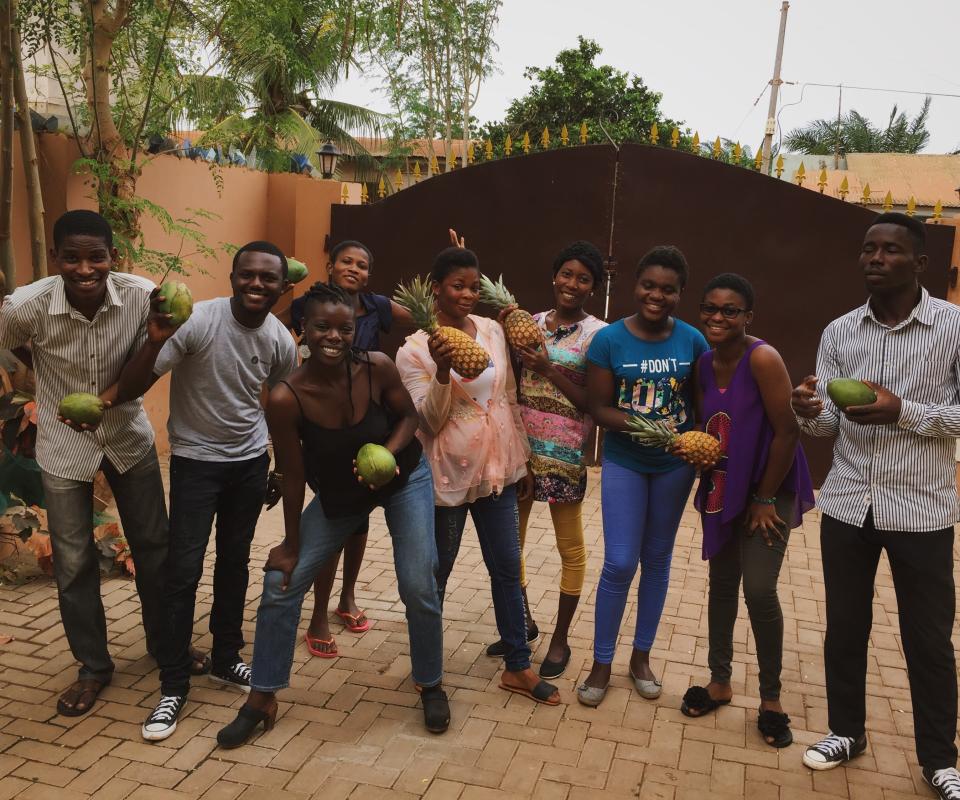
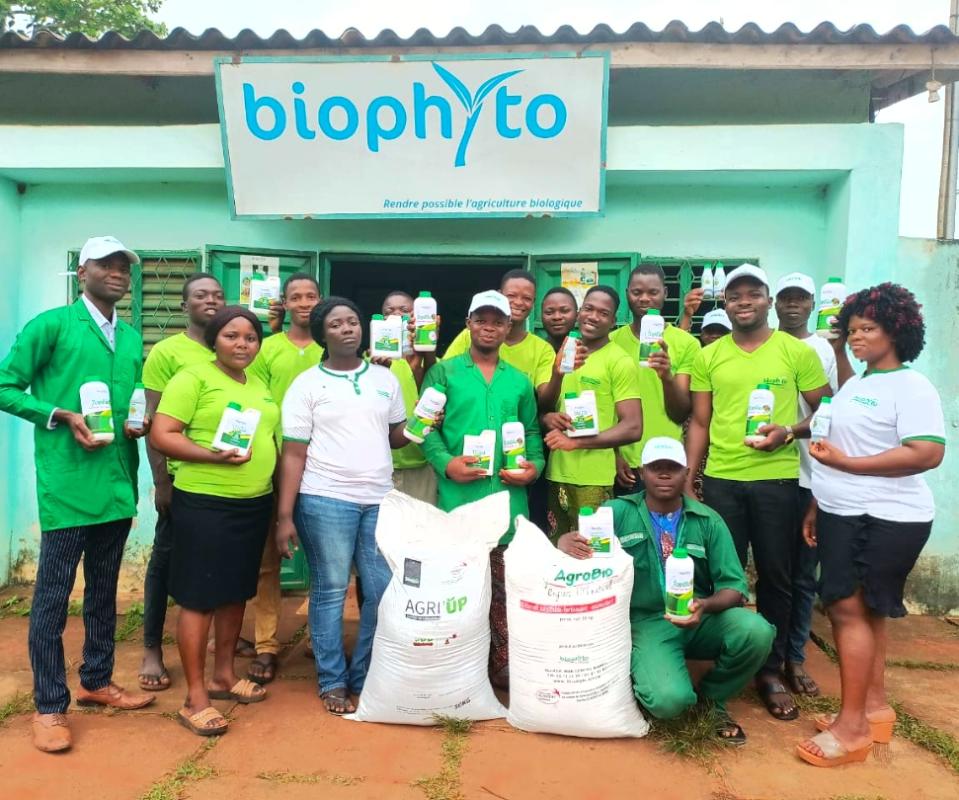
Cleaning up farming in Benin and the rest of Africa
To achieve that result, we had to convince farmers, because initially they were very hesitant to use the organic products.Today, they follow us, especially since they no longer have to wear protective clothing to avoid burns caused by the chemical products. BioPhyto products are better for their health and that of the population, which can now count on healthy and organic food. And that means great long-term progress for health, the environment and the economy."
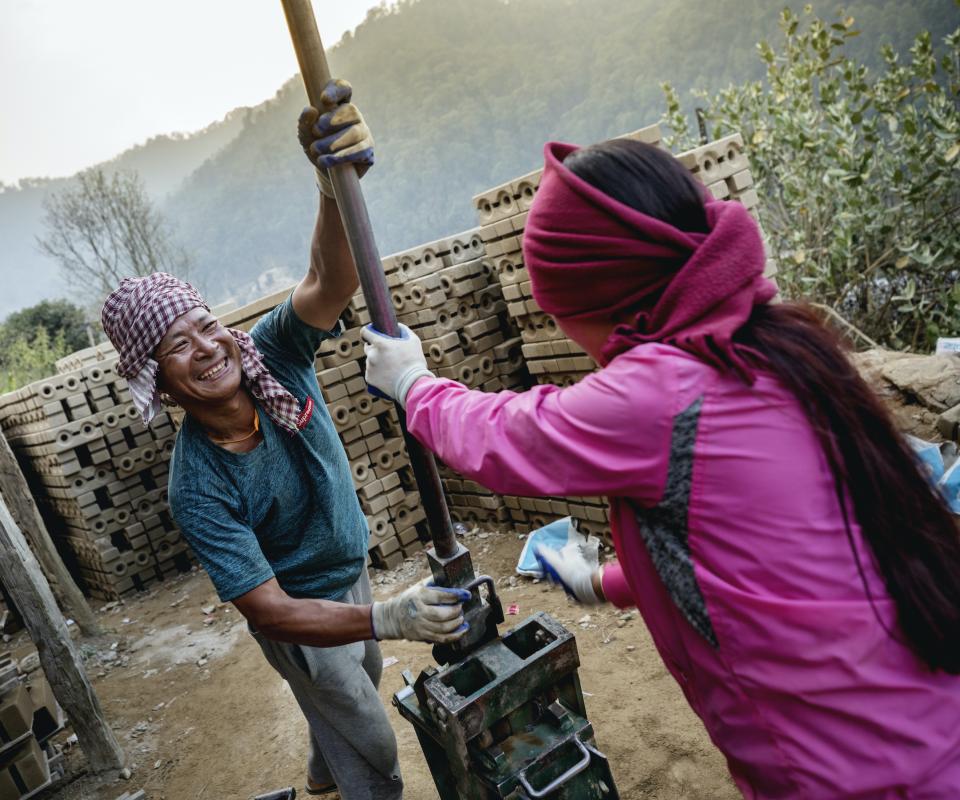
‘It’s a win-win’: building a way out of poverty in disaster-hit Nepal
“We are driven by the social, environmental and economic impact, but in the conversation with the potential entrepreneurs the focus is on how this is a good business.”
Other press releases
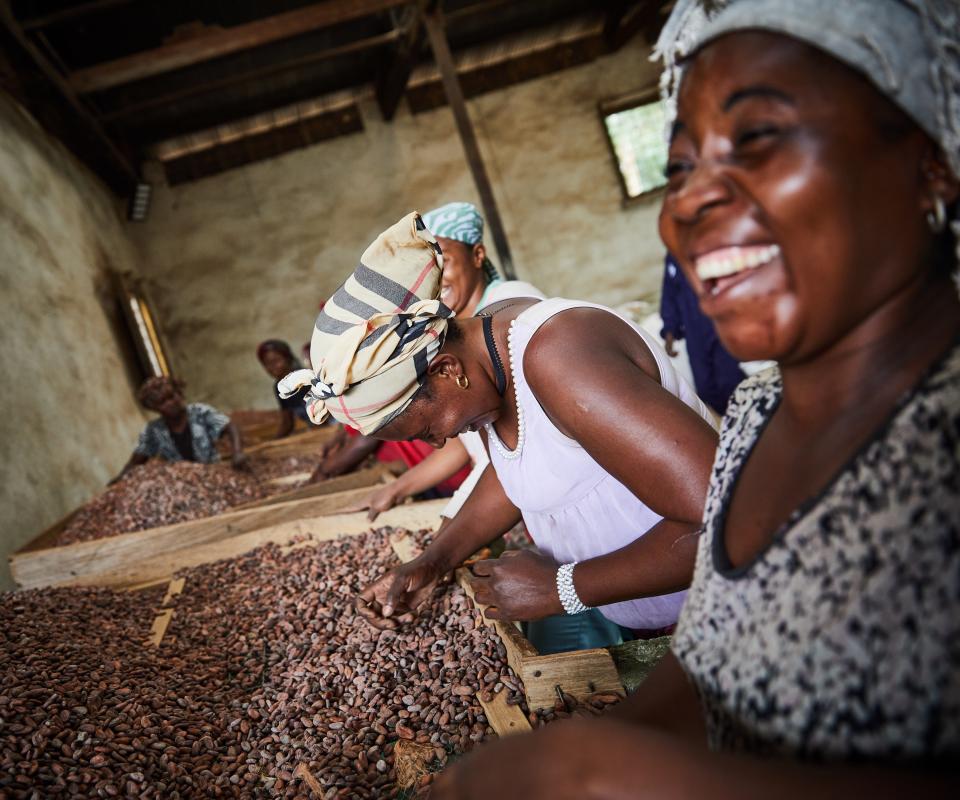
Business Partnership Facility: impact in developing countries by nurturing a culture of learning, innovation, and sustainability
The Business Parternship Facility initiative shows impact in developing countries, by promoting learning, innovation and sustainability.
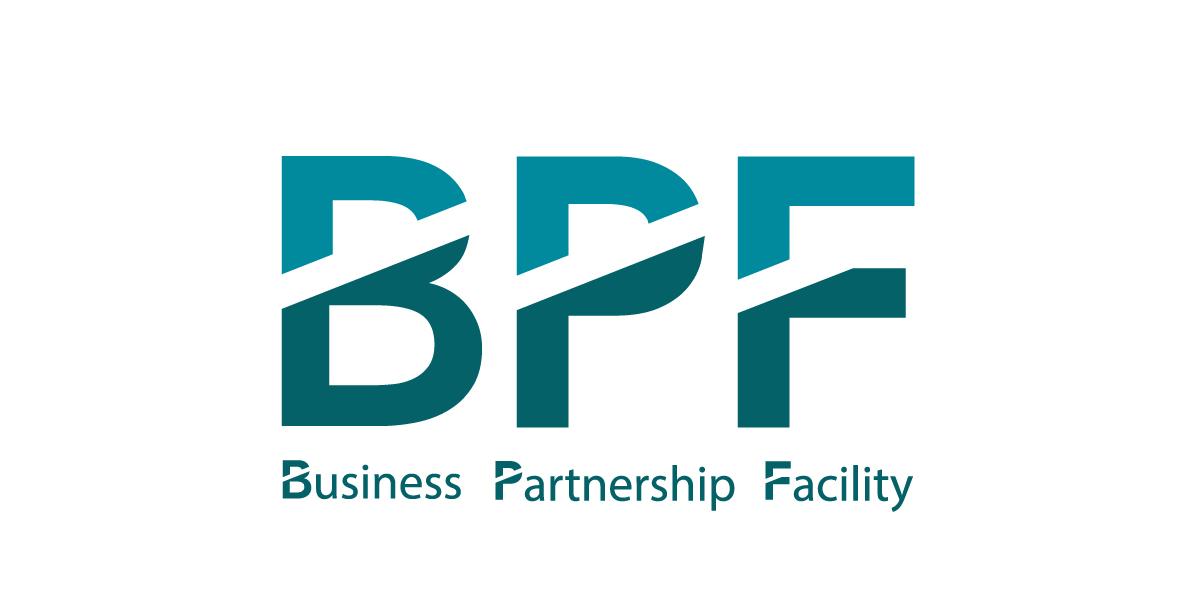
Business Partnership Facility : grant support for social impact enterprises is ‘successful model’
According to an external mid-term evaluation of the Business Partnership Facility programme, financial support for social impact enterprises is ‘successful model’.

Eight business projects in the South receive support from Business Partnership Facility ‘Enterprises for SDGs’
Eight business projects in the South that are contributing towards the Sustainable Development goals receive support from Business Partnership Facility ‘Enterprises for SDGs’.